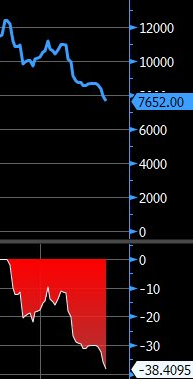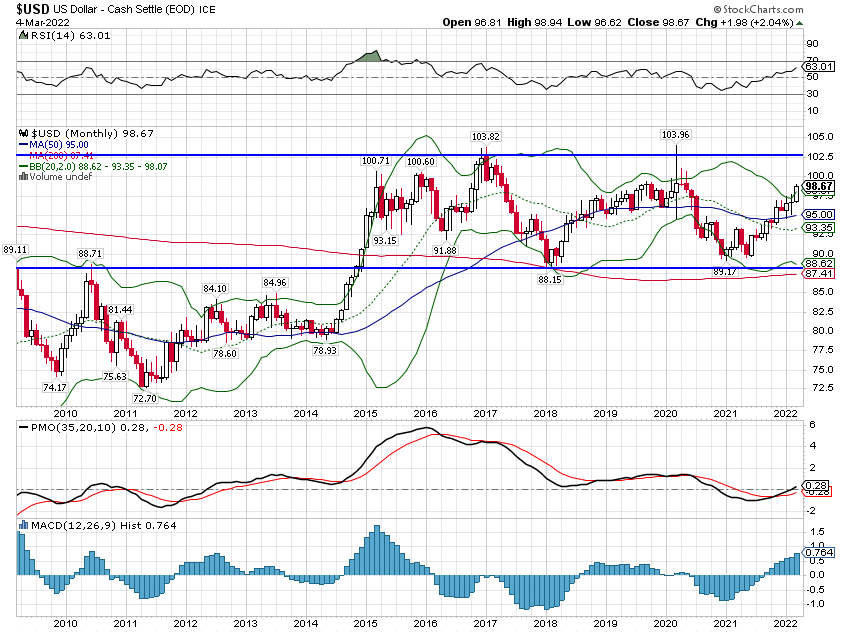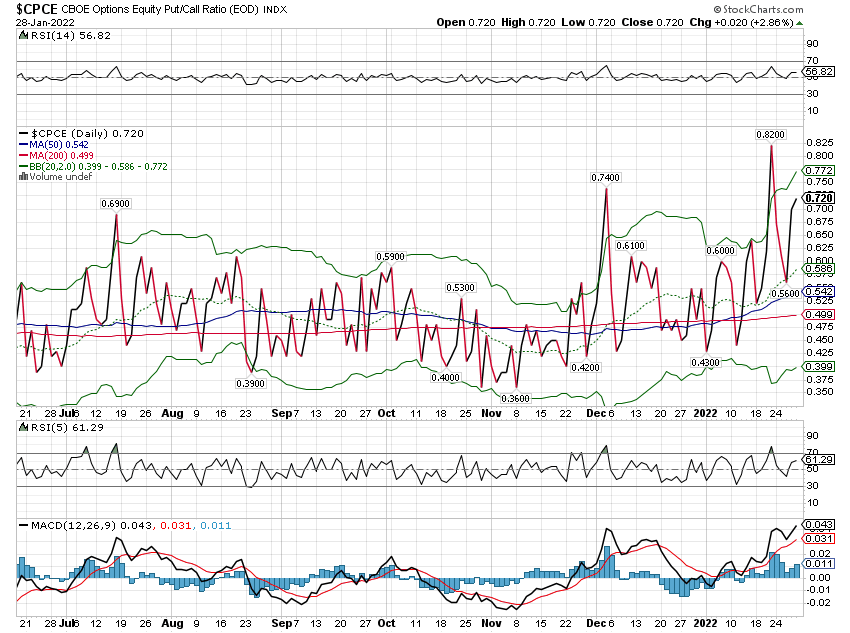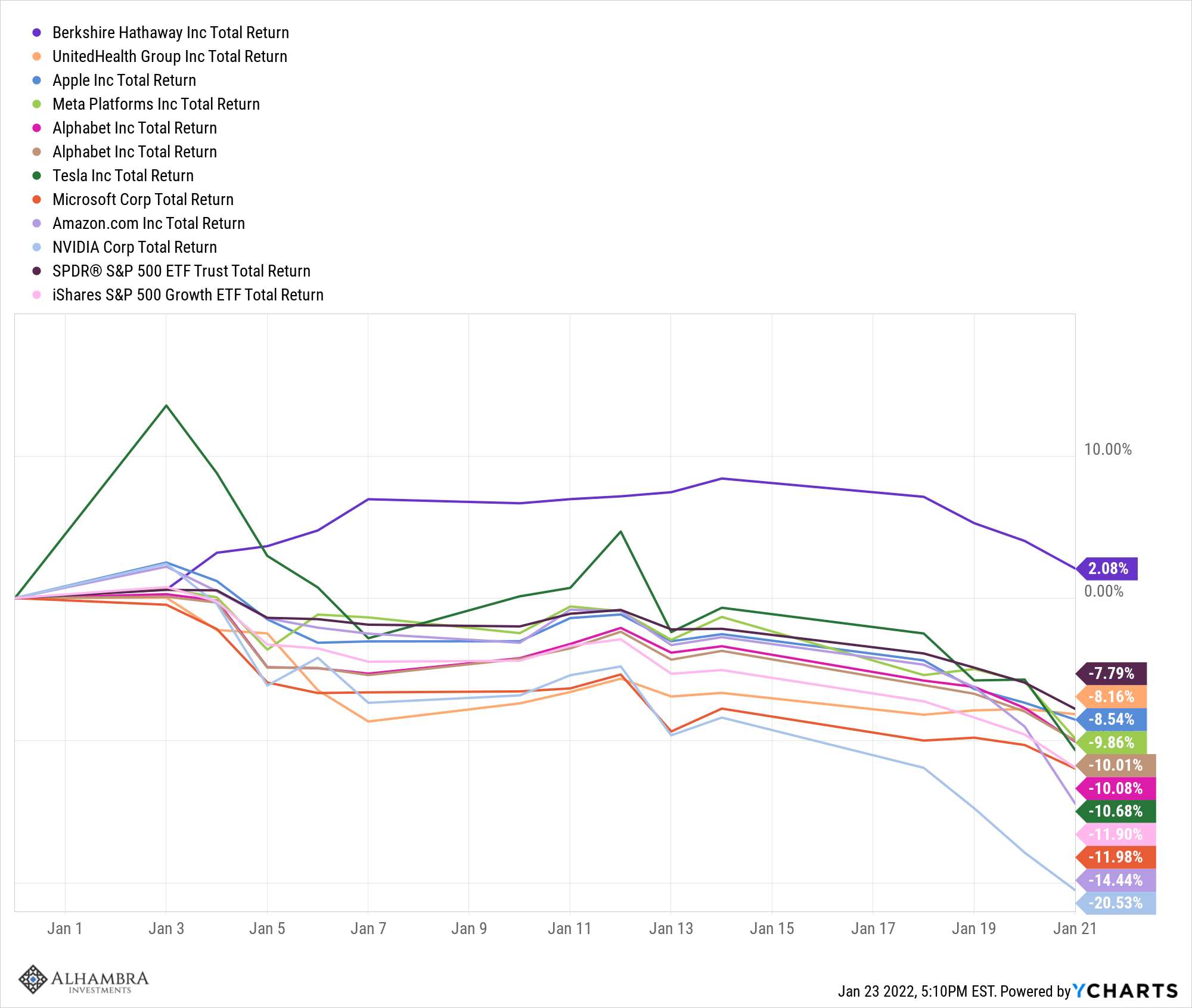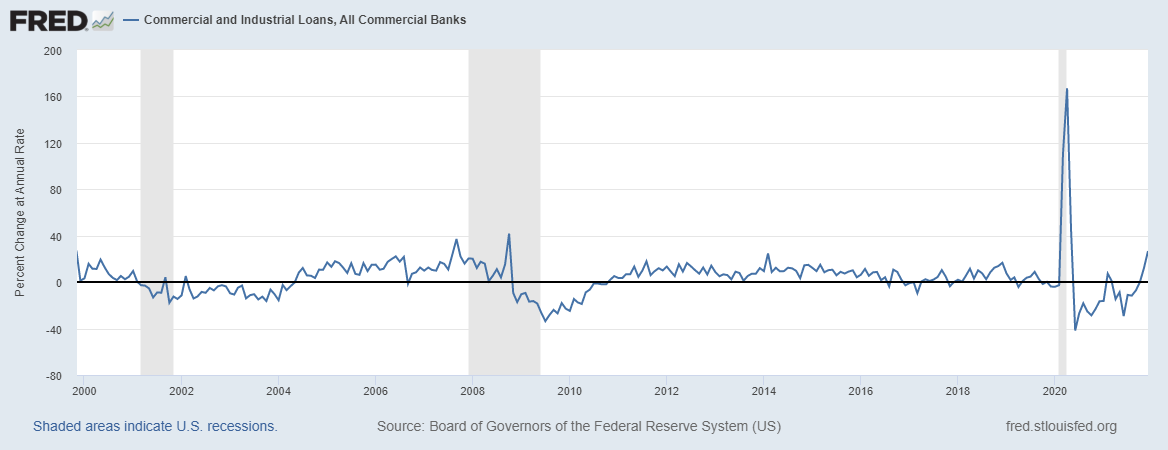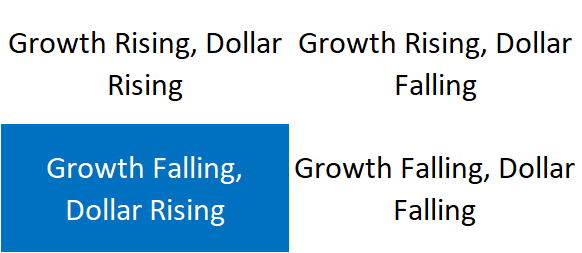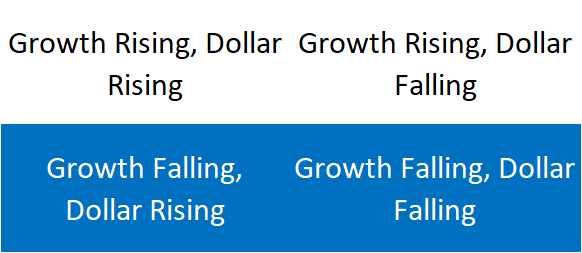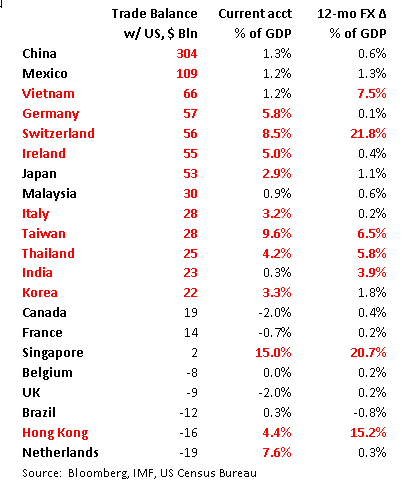(from my colleague Dr. Win Thin)
- China’s central bank may be leaning less dovish
- Turkey has a new central bank governor
- Argentina issued external debt for the first time since it defaulted 15 years ago
- Brazil's lower house voted to impeach President Rousseff by a 367-137 vote
In the EM equity space, Russia (+2.7%), Indonesia (+1.9%), and UAE (+1.8%) have outperformed this week, while China (-3.0%), Taiwan (-1.9%), and Hungary (-1.2%) have underperformed. To put this in better context, MSCI EM fell -0.1% this week while MSCI DM rose 1.0%.
In the EM local currency bond space, Ukraine (10-year yield -39 bp), Peru (-32 bp), and Turkey (-23 bp) have outperformed this week, while the Philippines (10-year yield +26 bp), Indonesia (+20 bp), and Mexico (+13 bp) have underperformed. To put this in better context, the 10-year UST yield rose 13 bp this week to 1.88%.
In the EM FX space, COP (+2.3% vs. USD), RUB (+1.2% vs. USD), and ZAR (+1.2% vs. USD) have outperformed this week, while ARS (-2.5% vs. USD), PLN (-1.3% vs. EUR), and BRL (-1.1% vs. USD) have underperformed.
China’s central bank may be leaning less dovish. Commentary by state news agency Xinhua noted that monetary policy will remain loose but macro prudence will figure more prominently than last year. Also, PBOC research bureau chief economist Ma Jun said that while the central bank needs to continue supporting growth, it will also pay attention to heading off macroeconomic risks. In other words, policymakers are concerned about encouraging too much debt-fueled growth.
Turkey has a new central bank governor. At Governor Murat Cetinkaya’s first policy meeting after taking over from Erdem Basci, the bank cut the top of the rates corridor by 50 bp while leaving the benchmark rate unchanged at 7.5%. We believe the central bank will remain under pressure to ease more aggressively. Fortunately, inflation has turned lower and so a cut in the benchmark rate in Q2 shouldn’t cause many ripples.
Argentina issued external debt for the first time since it defaulted 15 years ago. The size of the bond sale was boosted to $16.5 bln to meet strong demand of nearly $70 bln. The sale set a single-day record for an EM country, and Argentine corporates and provinces are likely to follow up with their own issuance now. Fortunately for Argentina, Moody’s upgraded its sovereign rating from Caa1 to B3 ahead of the bond sale.
Brazil's lower house voted to impeach President Rousseff by a 367-137 vote. The Senate now has 180 days to complete its portion of the impeachment process, but local press reports suggest that the vote could be held in May. A quick resolution would certainly be preferable to a long, drawn out affair, but we note that a new government can do little to drag the economy out of the doldrums.
Tags: Emerging Markets,newslettersent





















